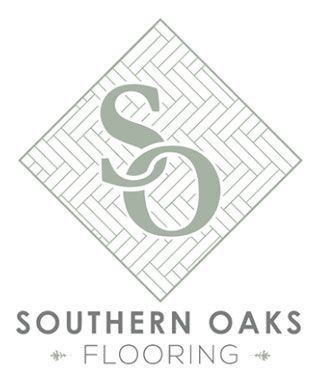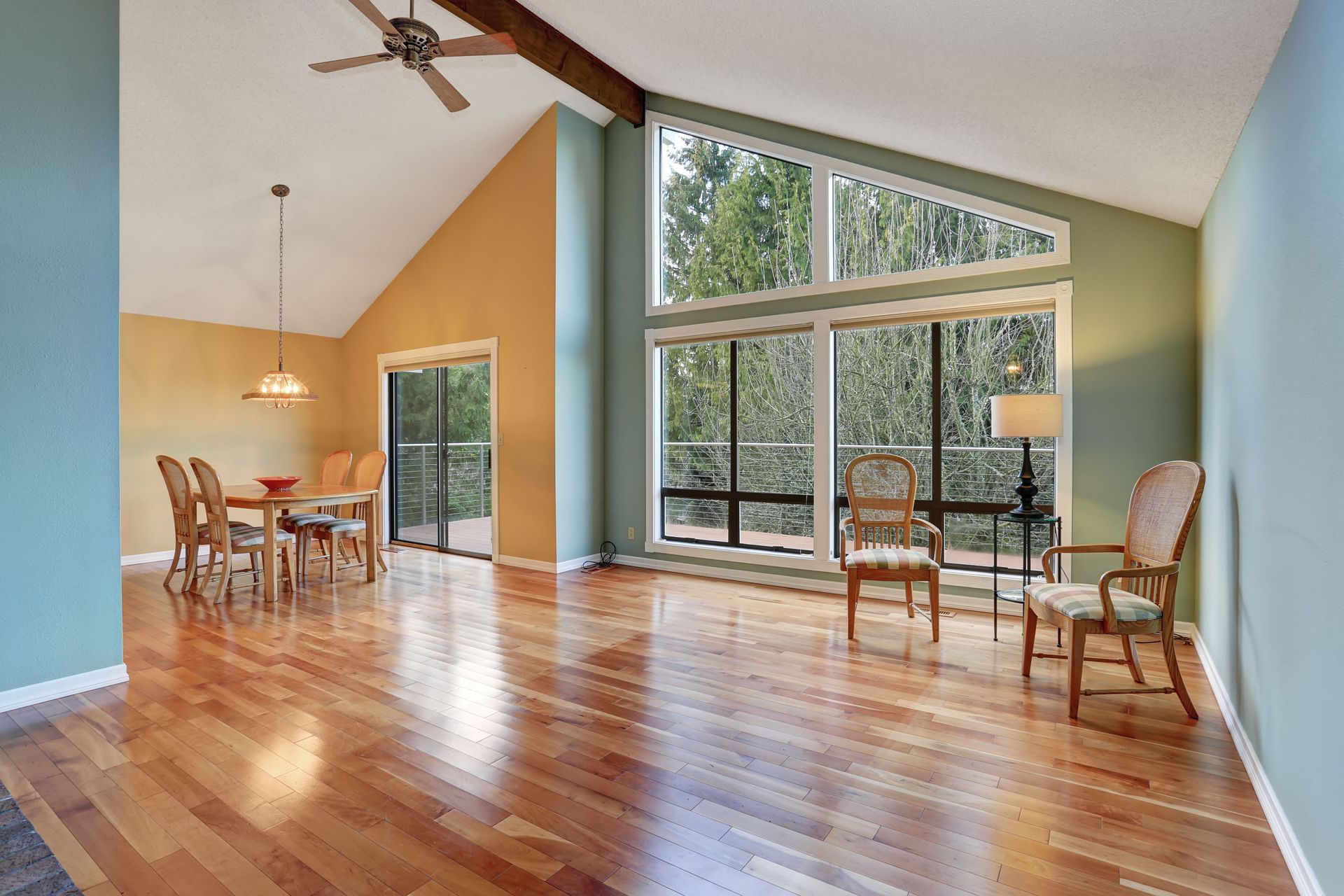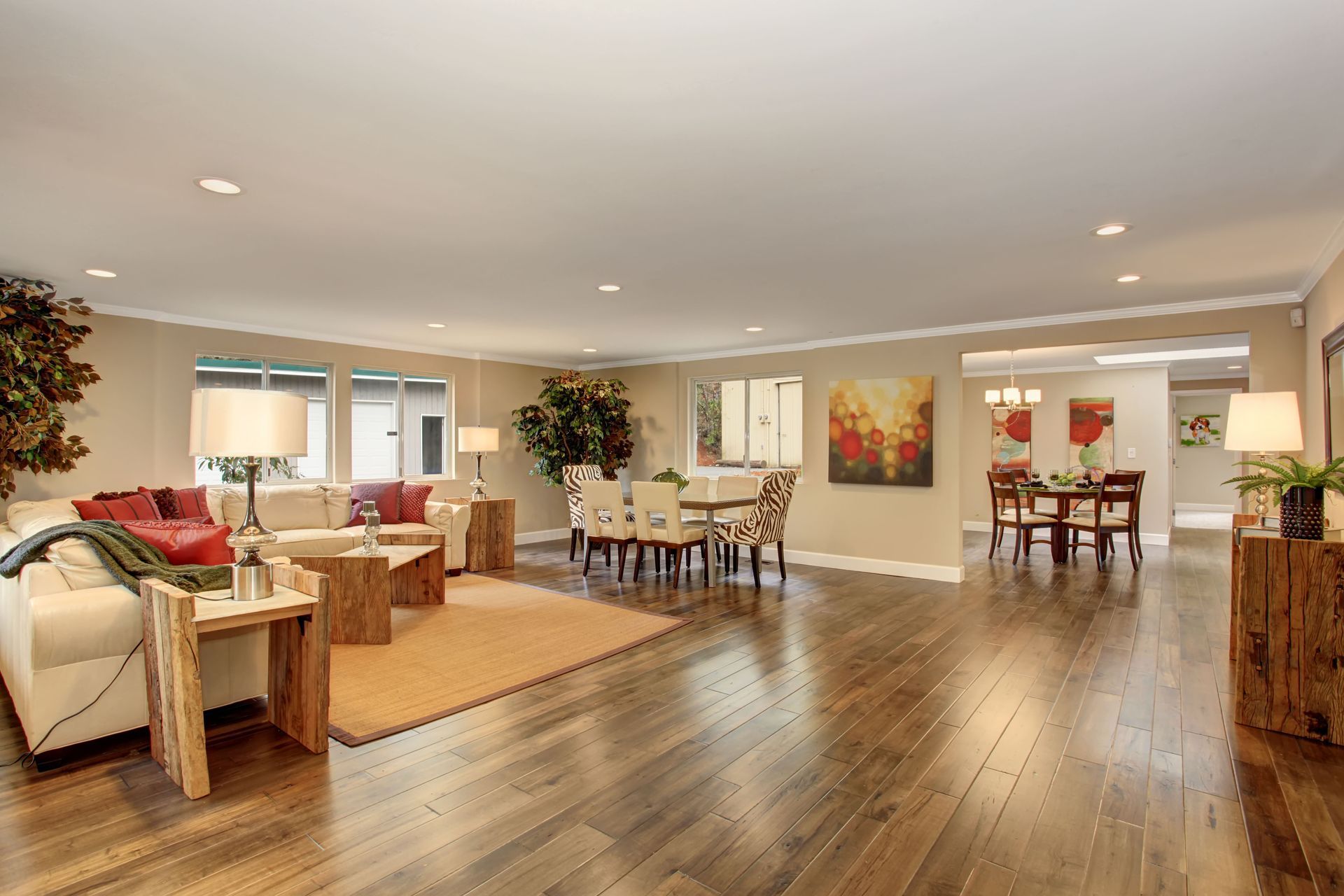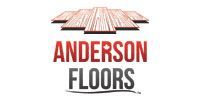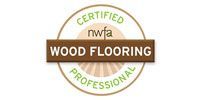November 13, 2025
Yes, we did shamelessly draw you in to our blog post with a picture of Boo, the world's cutest dog. You're welcome. When you stop oohing and awwwwing over this adorable little fur ball, scroll down to read about the best flooring options for pets (whether they're cute or not.)
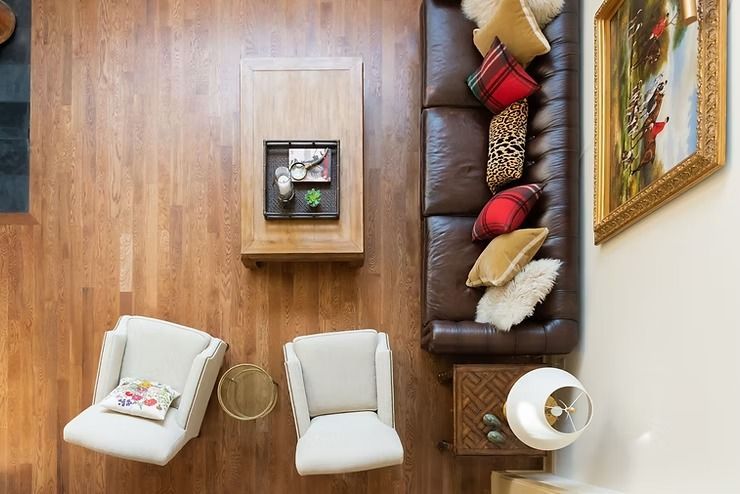
Photo: Southern Oaks Flooring, Nashville, TN
Hardwood Flooring
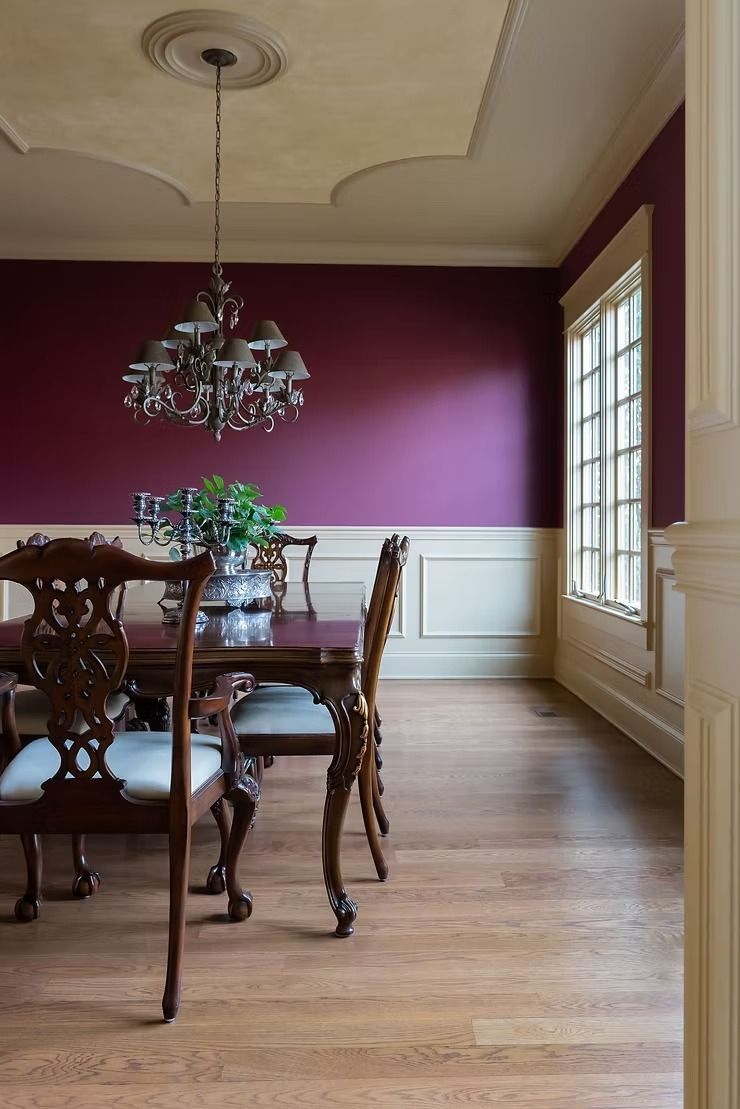
Photo: Southern Oaks Flooring, Nashville, TN
Indoor pets and hardwood floors can exist in harmony; it's simply a matter of choosing the right product and proper maintenace after installation. Here are some tips:
1) Choose the right wood.
Scratches are the main problem homeowners have when it comes to pets and their hardwood floors. Soft woods like pine and American walnut scratch easily, even without pets, so we advise customers to stay away from those. Harder woods like hickory or Brazilian cherry hold up better to dogs' nails and foot traffic in general, making them a great choice for pet owners. This Janka ratings scale shows popular hardwood flooring options and their hardness, in descending order.
In addition to the wood's Janka rating, think about the color, finish, and grain of the hardwood. Light colors hide scratches better than dark floors, while wear and tear show up more on smooth woods with very little graining and those with high gloss finishes. Oak, hickory, and other heavily-grained woods make great pet-friendly flooring options. Reclaimed and distressed hardwood floors are extremely popular and are one of the best choices for pet owners, since scratches and dents simply add to the rustic character of the floor!
(Options for reclaimed flooring in Nashville abound, as do floors that have the rustic look and feel of reclaimed flooring but aren't nearly as expensive. If you live in middle Tennessee, call or email us and we can discuss all of your pet-friendly flooring options!)
2) Protect your floors.
Prevention is always the best medicine. Clip your pet's nails regularly, and place rugs in high-traffic areas. It's especially important to place mats or rugs in front of main entries, since pets (and humans) track in dirt, gravel, and grime from outside. Be sure not to use rubber-backed mats, though, since they can eventually discolor your floors.
3) Clean your floors.
No matter how hard you try, dirt and grit will make it into your house. Cats and dogs don't usually wipe their paws before coming inside, although we'd like to see one that could! Clean your hardwood floors regularly, using a soft broom, dust mop, or vacuum with the beater bar turned off. Wipe up spills immediately with a dry cloth, but don't be tempted to wet mop!
Laminate Flooring
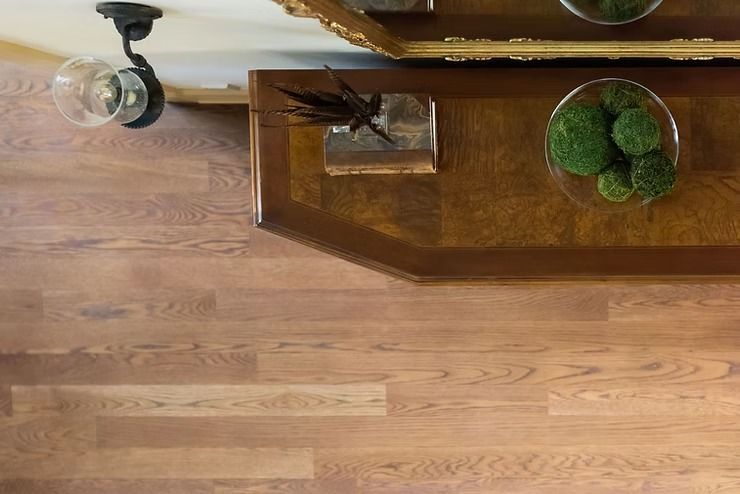
Photo: Southern Oaks Flooring, Nashville, TN
Laminate flooring has exploded in popularity in the last decade, due to manufacturers now producing designs that actually look like wood rather than plastic!
In case you're wondering, laminate is not real hardwood. It is a manufactured product made to look like wood. Basically, it's the Velveeta of wood flooring. For the record, I'm not getting down on laminate flooring or processed cheese. Shells and cheese in the yellow box is still a guilty pleasure of mine. I cannot help myself. But that's a discussion for another time...
Many customers especially those with pets, prefer laminate over the real thing for a couple of reasons:
1) It's cheaper than hardwood.
The price of laminate varies widely, just like all other flooring materials. In fact, some high-end laminate products cost as much or more than low-end hardwood. In general, though, laminate flooring tends to be less expensive than hardwood.
2) It scratches less easily than hardwood.
This is what seals the deal for many pet owners. The top layer of laminate has a clear resin-based coating made up of aluminum oxide; this layer is extremely strong and much more resistent to scratches, scuffs, and stains than hardwood. Underneath the clear layer is a photo of the design, which can mimic hardwood, tile, stone, etc.
Something else to think about:
Laminate does not add value to a home the way hardwood floors do; you will not receive a return on your investment like you would with hardwood. For this reason, many homeowners consider laminate flooring as a temporary fix, to be used while children and pets are young. It is often replaced later on with real hardwood flooring.
Tile and Natural Stone Floors
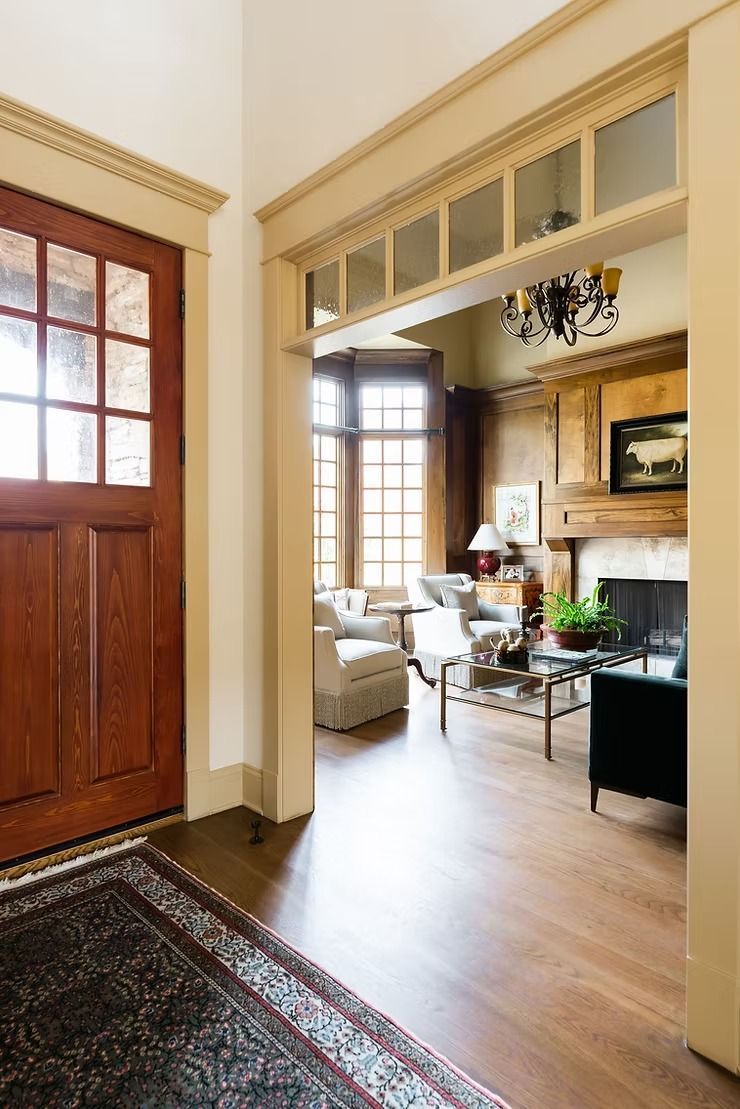
Photo: Southern Oaks Flooring, Nashville, TN
Tile and natural stone floors are the classic choice for kitchens and bathrooms, but some pet owners even extend them throughout the living room and other areas. They are great for pets, since they don't scratch or scuff the way hardwood or even laminate can.
Tile and natural stone is easily maintained, and it will not stain or soak up pet odors. It can be cold and uncomfortable, though, for humans and pets alike. Radiant heat and mats fix both of those problems, but you'll want to adjust your budget to cover the additional costs.
Luxury Vinyl Tile (LVT)
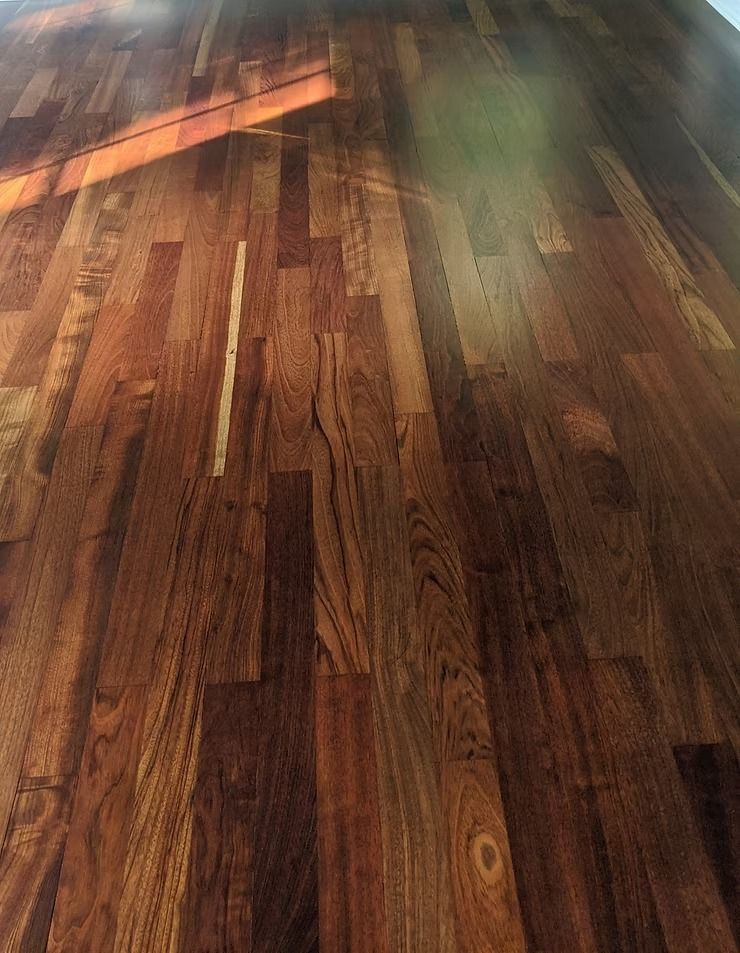
Photo: Southern Oaks Flooring, Nashville, TN
Sheets of grimy orange flooring this ain't. The flooring industry sold $500 million of luxury vinyl tile last year. That's big business, friends!
Why do some pet owners choose vinyl flooring?
1) It can mimic the look of high-end hardwood and be grouted to look like real stone or tile.
Just visit Pinterest and type in luxury vinyl tile. You'll see what we mean. Vinyl tile has been taken to a whole new level. Be aware, though, that the higher-end products can be just as expensive as laminate.
2) It has all the advantages of tile, while being softer under foot.
It's scratch and stain-resistant and can't be damaged by moisture, but it's also more comfortable than natural stone and tile floors. Luxury vinyl tile is also, in general, the cheapest flooring option available for pet-owners.
Still can't decide what floor would be best for your pet? We'll leave you with one last word of advice: anything but carpet.
#bestfloorspets #hardwoodflooring #hardwoodfloorspets #dogsflooring #petfriendlyflooring


